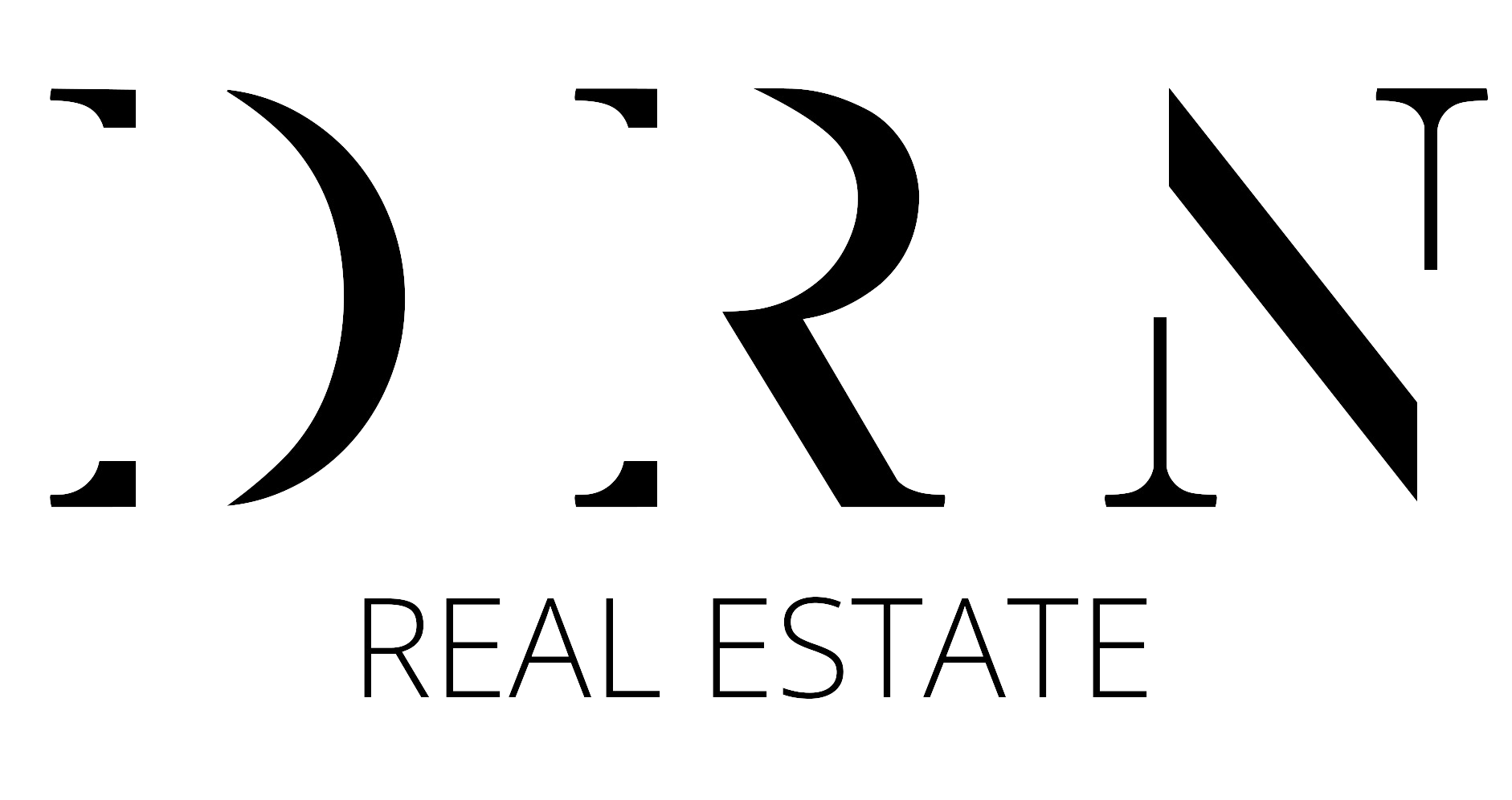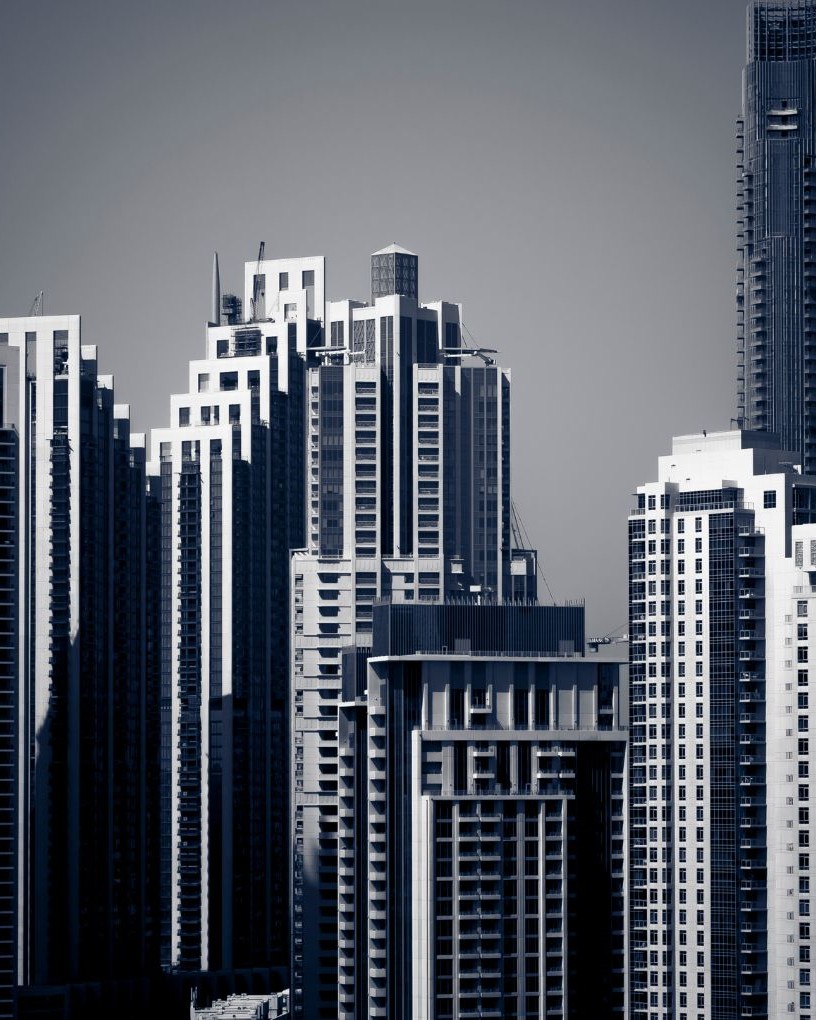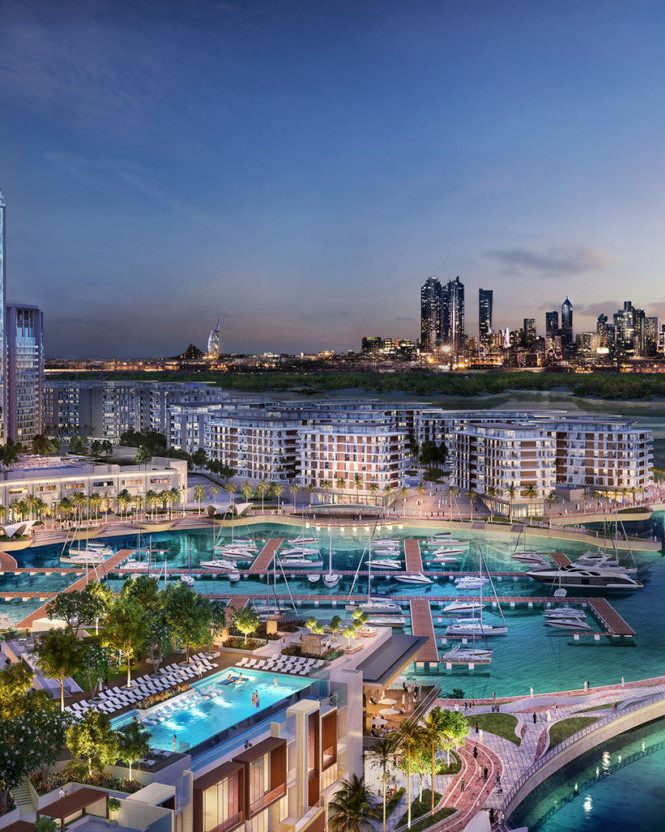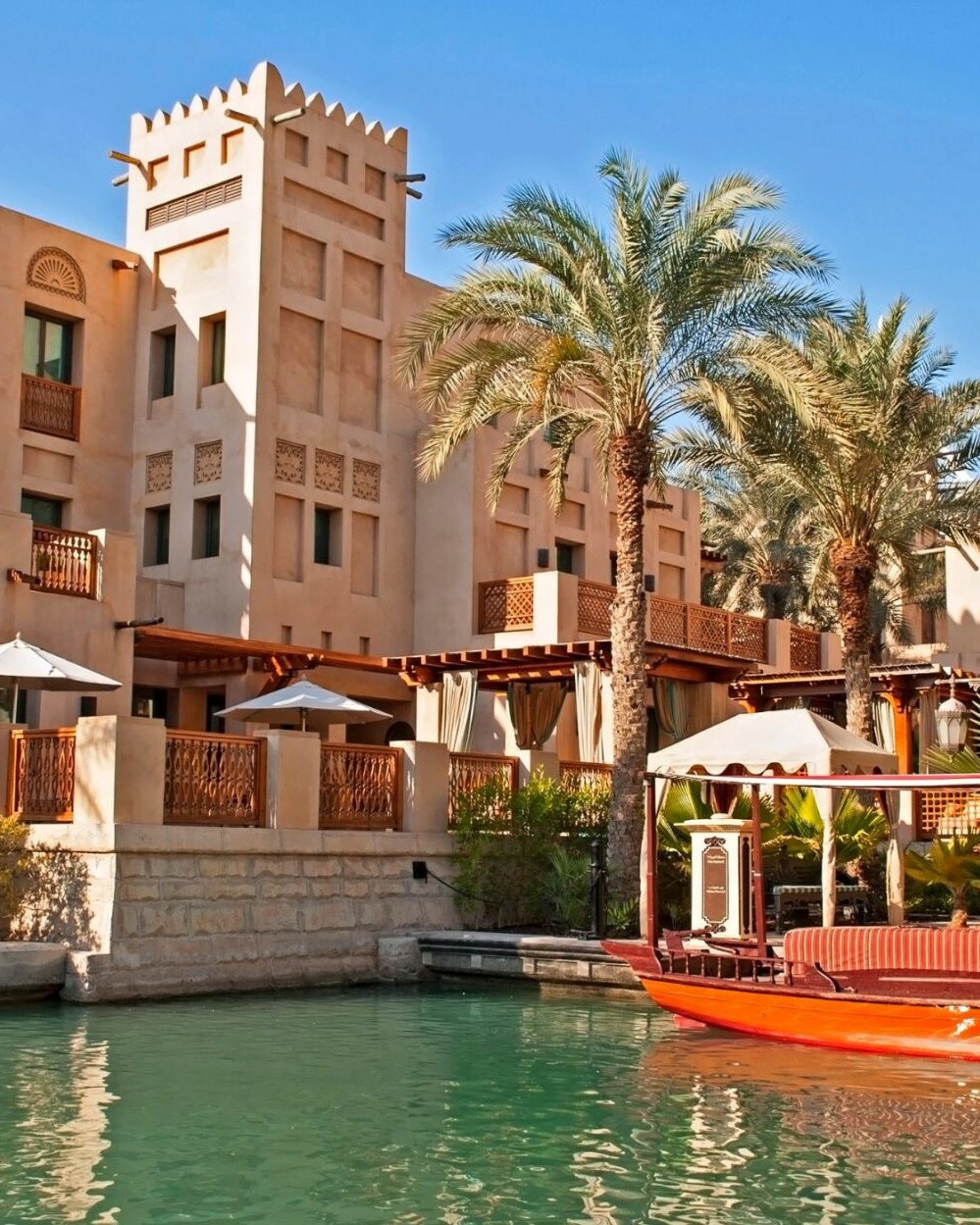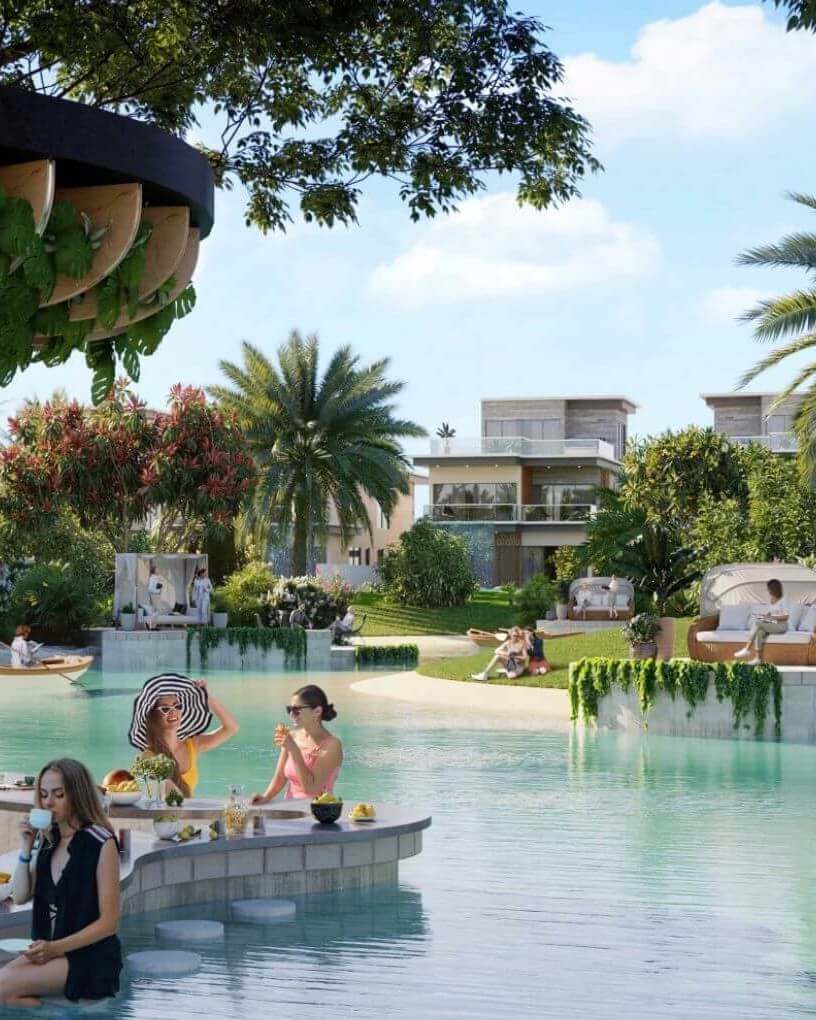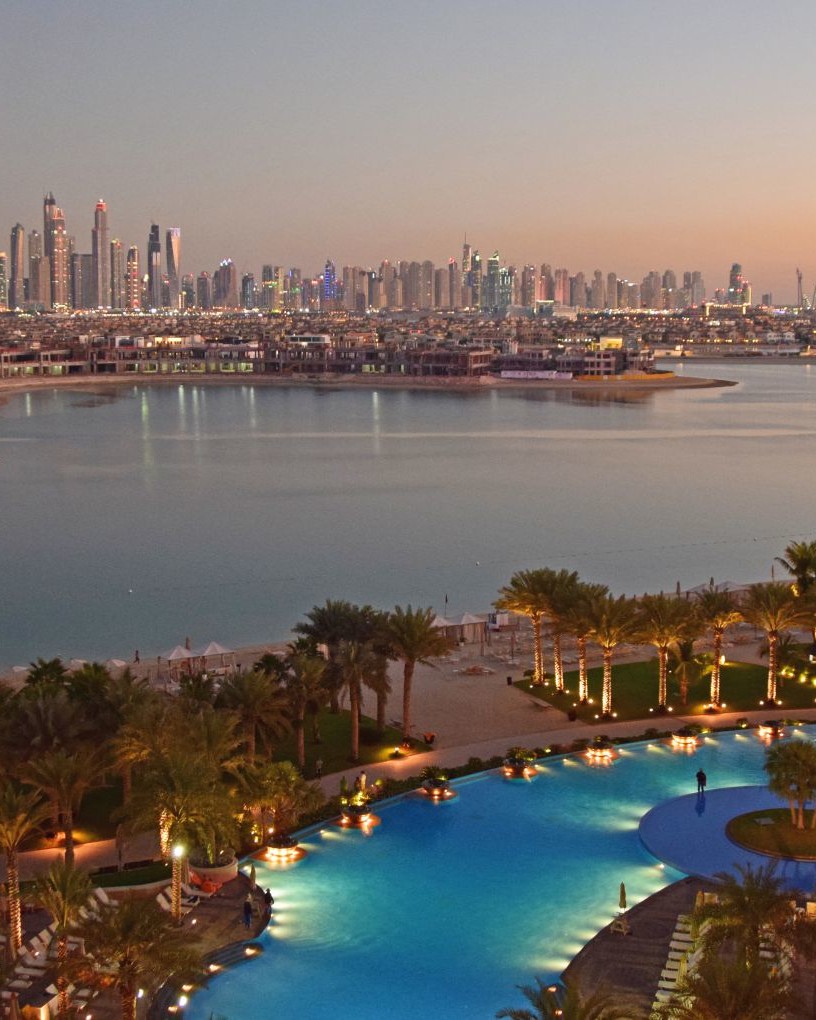When should you invest in real estate in Dubai?
Investing in real estate – there’s a big difference between what’s said and what’s done. We need to embark on various action plans, where strategy and vision beyond the initial stages are crucial.
Here are several other factors to think about when buying property in Dubai: Are you prepared to commit to short but urgent property management tasks? Can you commit to preparing all the issues before investing in a property, such as location, lifestyle, potential returns, etc.?
Are you looking for a modern or traditional lifestyle? Do you have the time to choose a property with this in mind? In Dubai, the Suhoor and Iftar schedules play an essential role. It all depends on your lifestyle – how do you want your property to look?
Everything else revolves around that. Let’s see what the market experts have to add on this subject based on their knowledge and experience:
Real estate cycles in Dubai
Understanding real estate market cycles is essential to maximizing your return on investment. The real estate market, like most other asset markets, goes through regular phases of expansion and recession, known as real estate market cycles. Here’s an overview of the different phases:
Expansion: During this phase, demand for real estate outstrips supply. This generally leads to higher property prices. Investors and developers are encouraged by the bull market and are starting to build new properties to meet growing demand.
Oversupply: At this stage, the supply of new properties on the market is beginning to exceed demand. The market may still look healthy as sales are still underway, but the pace of sales is beginning to slow. Prices may rise again, but at a much slower pace.
Recession: When supply far exceeds demand, property prices start to fall. This is often accompanied by rising interest rates, making it more difficult for buyers to obtain financing. This phase is often marked by an increase in foreclosures and a decrease in new construction.
Recovery: During this phase, excess supply begins to be absorbed by demand. Prices are stabilizing and eventually starting to rise, albeit slowly. Interest rates can fall, making financing more affordable. New construction remains low, but is beginning to increase as the market recovers.
These cycles can be influenced by a variety of factors, including interest rates, economic conditions, government regulations and demographic trends. It’s important to note that the duration and intensity of each phase may vary according to these factors and other local conditions.
By understanding these cycles, investors can better assess when to enter or exit the market. For example, buying a property at the beginning of the expansion phase and selling it during the surplus phase generally offers the best return on investment. However, these cycles are difficult to predict accurately, so a sound investment strategy that takes potential risks into account is essential.
The influence of government regulations on real estate investment in Dubai
Government regulations play a significant role in the Dubai real estate market and can influence when and how you choose to invest. Here are some of the main regulations you need to know about:
Property rights: In 2002, the Dubai government allowed foreigners to own freehold real estate in certain designated areas, known as “freehold zones”. This measure opened up Dubai’s real estate market to international investors.
Visa regime: In 2019, the UAE government has introduced a new visa regime for real estate investors. Under this scheme, foreigners investing at least 5 million dirhams (around $1.36 million) in real estate can obtain a 5-year residence visa, while those investing 10 million dirhams (around $2.72 million) can obtain a 10-year visa.
Taxes on real estate transactions: In Dubai, a stamp duty of 4% is generally charged on the value of the property when buying real estate. In addition, land registry fees are also payable by the buyer.
Tenancy laws: Dubai also has specific laws governing the relationship between landlords and tenants. These laws cover issues such as rent increases, property maintenance and lease termination.
Environmental regulations: The Dubai government has introduced strict environmental regulations for new construction. These regulations aim to encourage sustainability and preserve the emirate’s natural environment.
It’s essential to keep abreast of these regulations and understand how they may affect your investment. You may also wish to consult a local lawyer or real estate advisor for specific advice on your situation.
Your personal financial situation
Before investing in real estate, or any other type of investment, it’s crucial to assess your personal financial situation. Several factors need to be taken into account:
Your savings: Buying a property often requires a substantial initial contribution. You should evaluate your savings and determine how much you can afford as a down payment. In addition, you should have extra savings to cover closing costs, repairs and other unforeseen costs.
Your income: Stable income is essential to cover mortgage payments and operating costs such as insurance, taxes and maintenance. If you plan to rent out the property, you also need to evaluate the potential income in relation to these costs.
Your debt: If you already have significant debt, such as student loans or credit cards, this could affect your ability to obtain a mortgage. Lenders use the debt/income ratio to assess your ability to repay the loan.
Your financial objectives: Real estate investment must be aligned with your overall financial objectives. If you’re looking to generate passive income, a rental property could be a good option. If you’re looking for long-term capital appreciation, consider investing in a growing neighborhood.
Your risk tolerance: Real estate investment involves risks, such as the possibility of a decline in property value or rental vacancy. You should assess your risk tolerance and determine whether you are comfortable with these uncertainties.
In short, a clear understanding of your personal financial situation can help you determine whether real estate investment is the right option for you, and what type of property best suits your needs and goals.
Knowing how to position yourself on the right project
Choosing the right real estate project in Dubai can be a complex process, due to the variety of options available and the ever-changing dynamics of the property market. Here are some factors to consider when selecting your project:
Location: Location is one of the most important factors in real estate. Areas close to shopping centers, tourist attractions, schools, hospitals and public transport are generally more popular. In addition, certain areas of Dubai, such as Downtown Dubai, Palm Jumeirah, Dubai Marina and Jumeirah Beach Residence, tend to offer better resale values and higher rental yields.
Developer: It’s crucial to choose a project developed by a company you can trust. Research the developer’s track record, previous projects, financial strength and reputation for on-time delivery.
Property type: Apartments, villas, townhouses and commercial buildings all have their own advantages and disadvantages. Your choice will depend on your budget, your investment objectives, your personal preference and your knowledge of the market.
Potential return: Evaluate the investment’s potential return in terms of rent and capital appreciation. This may involve researching market trends, consulting local real estate agents or using financial advisors.
Property management: If you plan to rent out your property, you’ll also need to consider property management. Some developers offer property management services, or you can choose to work with a property management real estate agency in Dubai.
Don’t forget that investing in Dubai real estate, like any other investment, involves risks. That’s why it’s essential to do thorough research, understand the market and consult experts before making any decisions.

More articles on real estate investment in Dubai
7 reasons to invest in Dubai
15 May 2022
lire l'article →
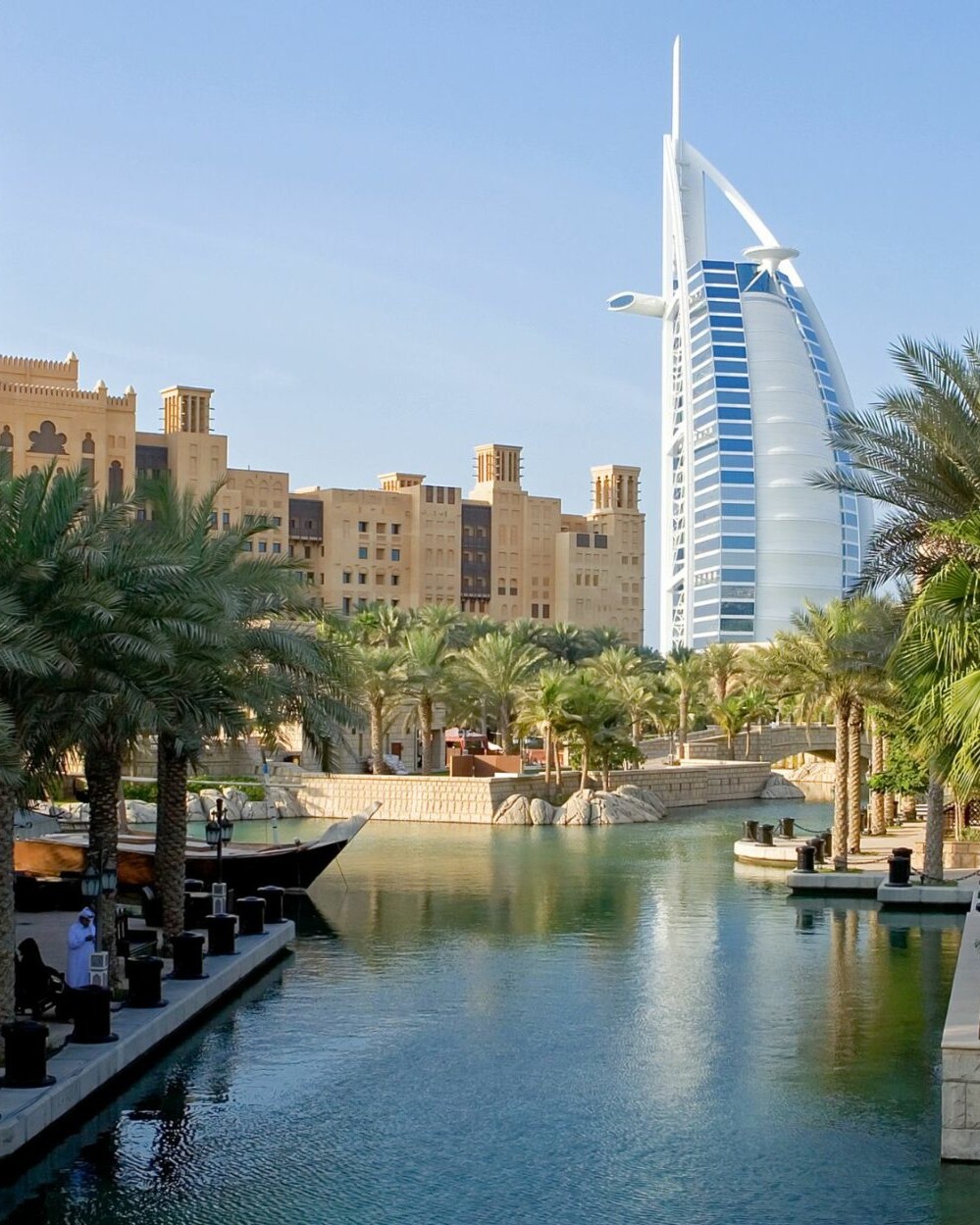
The best areas to invest in Dubai
15 May 2022
lire l'article →
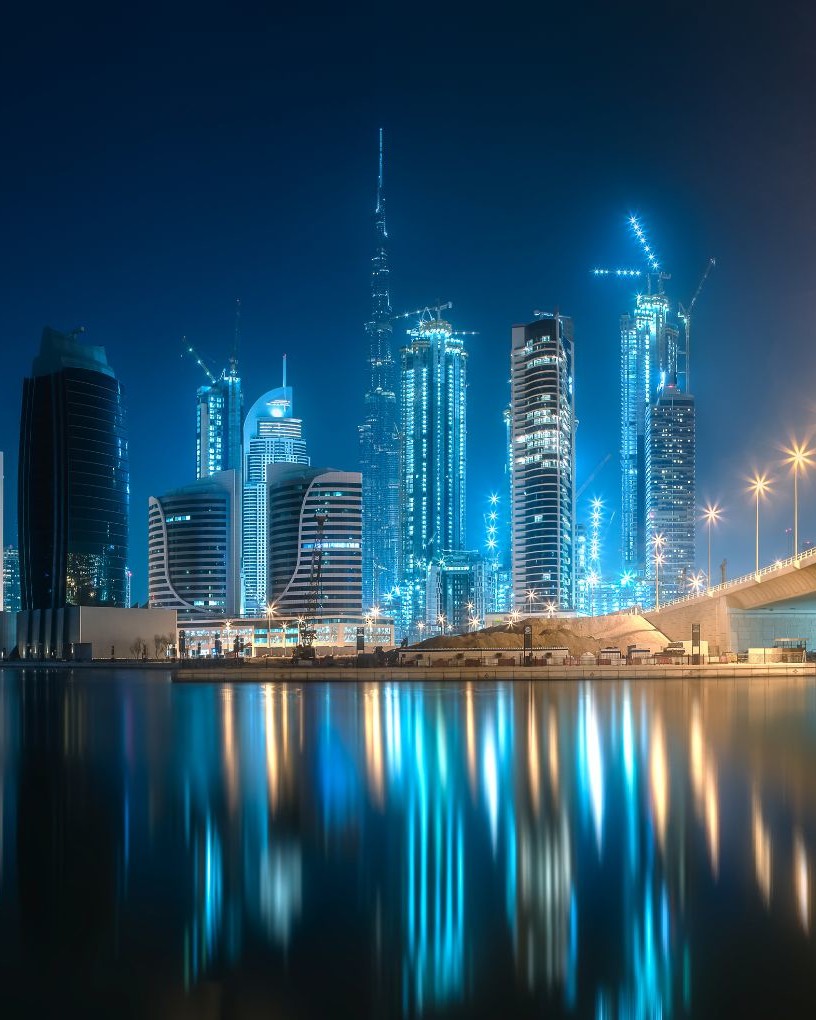
Invest in Dubai for 1% a month
24 November 2023
lire l'article →
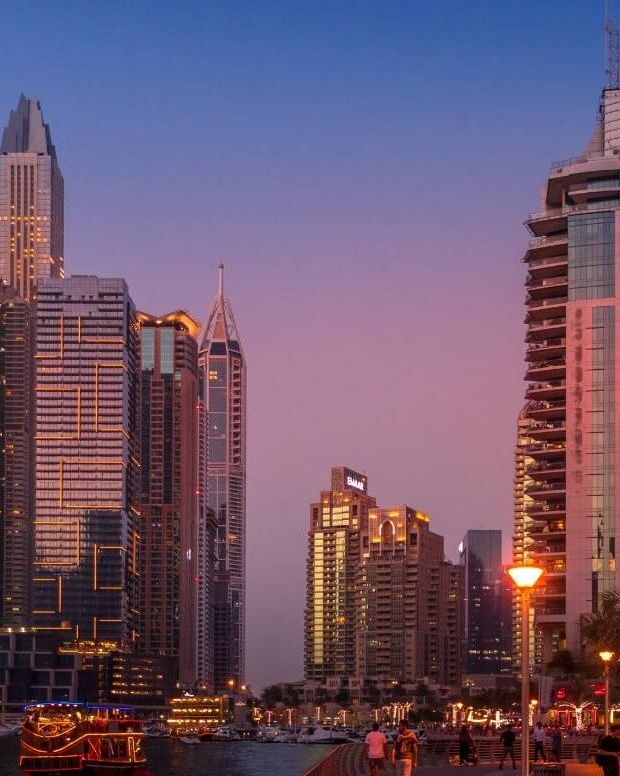
Joint property investment in Dubai
30 March 2023
lire l'article →
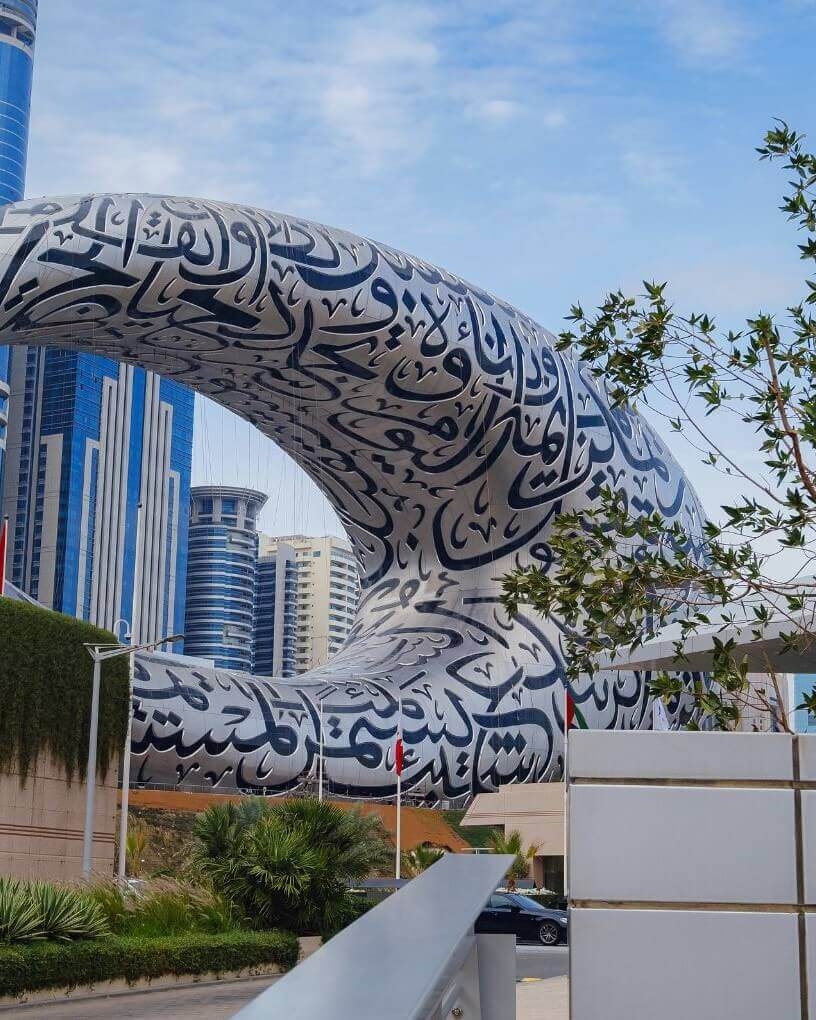
7 reasons to invest in Dubai
15 May 2022
lire l'article →

The best areas to invest in Dubai
15 May 2022
lire l'article →

Invest in Dubai for 1% a month
24 November 2023
lire l'article →

Joint property investment in Dubai
30 March 2023
lire l'article →

- Home
- Real estate in Dubai
- Invest in Dubai
- When to invest in real estate in Dubai
